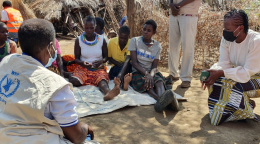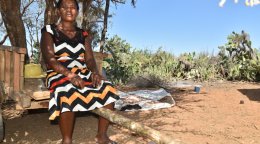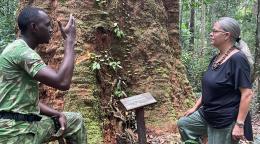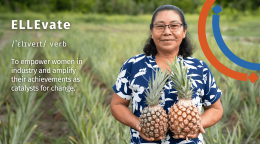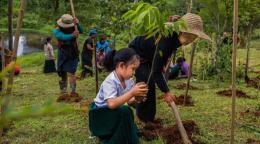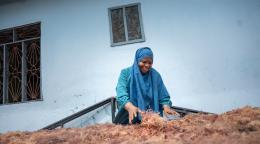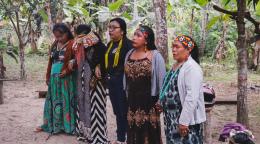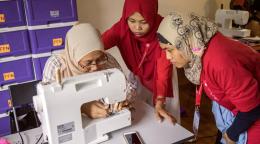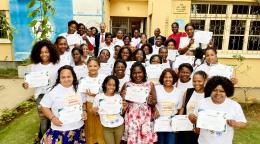Securing a Safer Future for Timor-Leste: UN Partnership in Action
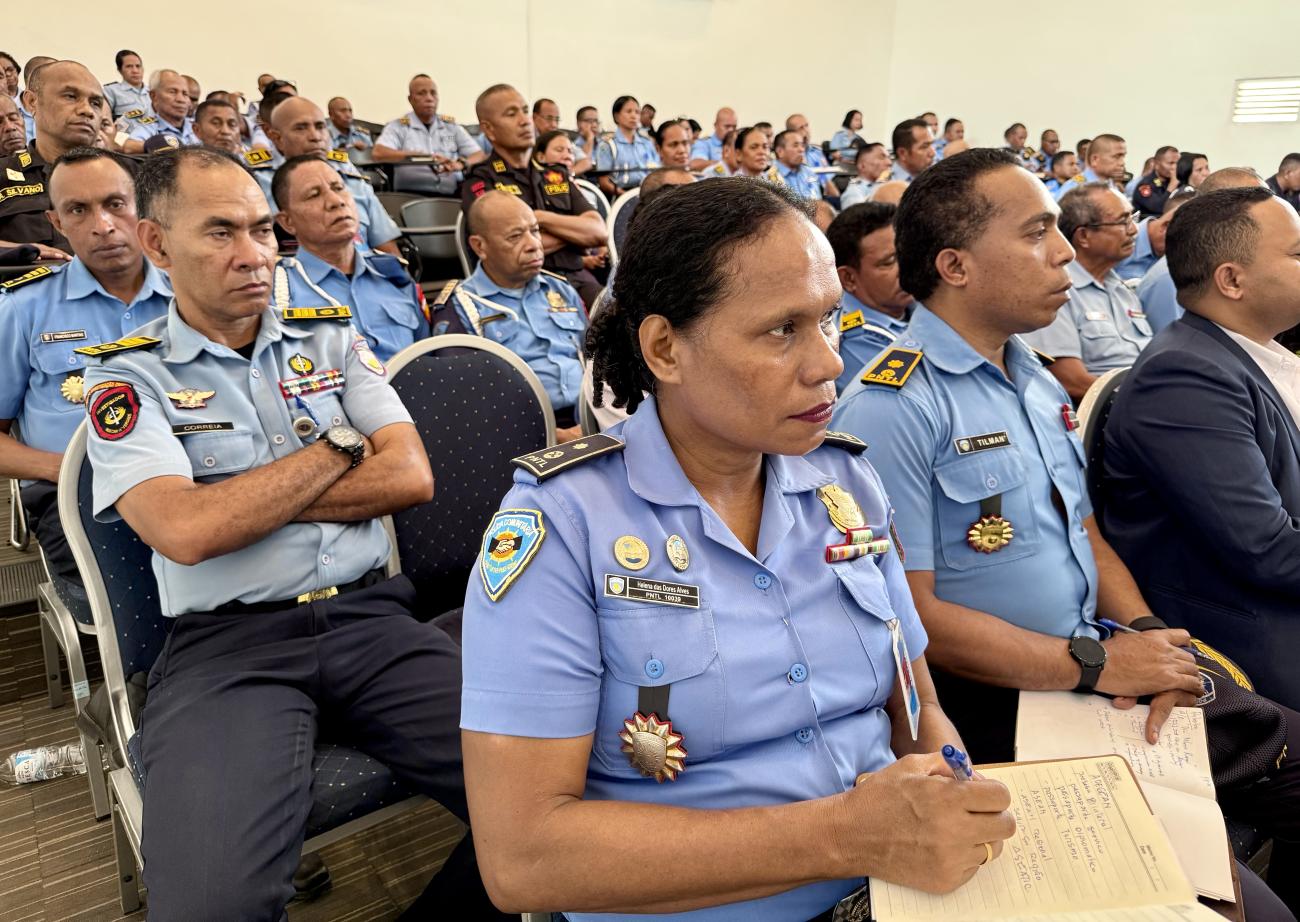
For 25 years, the Policia Nacional de Timor-Leste (PNTL) has been a strong safeguard for the people of Timor Leste and a steadfast ally of the United Nations.
As a key institution of governance, the PNTL has been instrumental to Timor-Leste’s pride in being a model of democracy, good governance and human rights in Southeast Asia. Over the years, PNTL has been collaborating and adopting coordinated approaches with UN agencies in Timor-Leste, to strengthen its ability in crime prevention, investigations, and digital forensics to ensure that officers are prepared to handle the needs of modern policing.
Building on a strong foundation
From its early days of establishing Timor-Leste's law enforcement agencies under the United Nations Transitional Administration in East Timor (UNTAET) to its current position of providing ongoing support, the United Nations has been an integral actor, strengthening the country’s law enforcement institutions and helping uphold the rule of law.
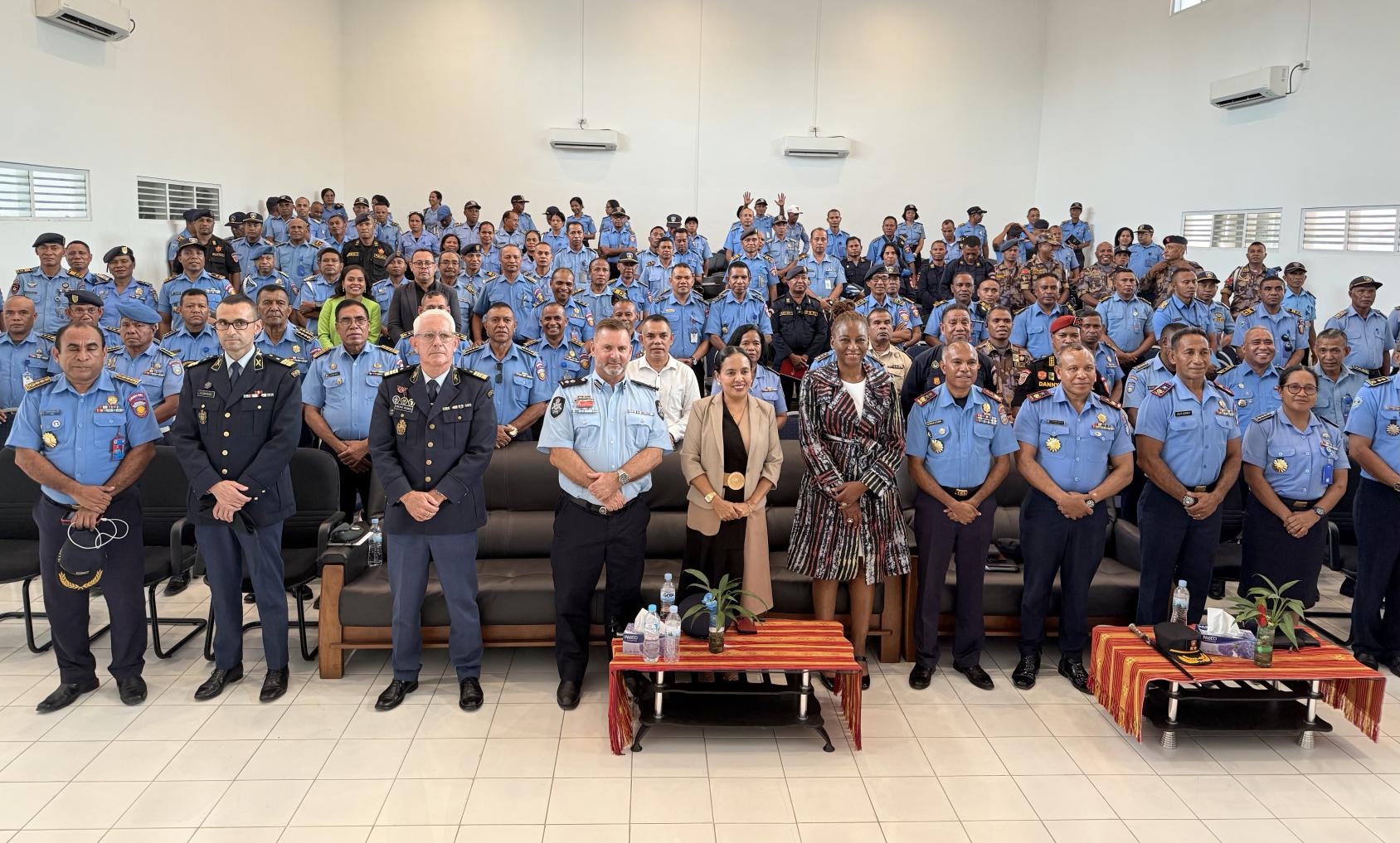
The UN’s role has evolved from direct supervision of officers to strategic collaboration throughout the years, ensuring that PNTL remains a strong, autonomous organization. From UNTAET (1999-2002) to UNMIT (2006-2012), the UN supported the establishment of a professional and community-oriented police service dedicated to human rights. In particular, the United Nations has taken the lead in building PNTL personnel-specific skills in digital forensics, counter-trafficking procedures, and victim protection measures in order to improve law enforcement's responses. Today, that partnership continues under the leadership of the Resident Coordinator, bringing strategic coherence and facilitating technical advice and capacity building from agencies like United Nations Development Programme (UNDP), United Nations Entity for Gender Equality and Women's Empowerment (UN Women), United Nations Office for Drugs and Crime (UNODC), and the International Organization for Migration (IOM).
Speaking to this collaboration, UN Resident Coordinator Funmi Balogun said, “"PNTL's journey over the past 25 years exemplifies resilience, dedication, and an unyielding commitment to justice. It is with great pride that the United Nations has joined forces with PNTL to establish and reinforce an institution that will serve with honesty and make human rights its top priority. To ensure that every person may live in dignity, peace, and security.”
Strengthening human rights and community engagement
Through a continuing partnership with the Office of the High Commissioner for Human Rights and the Provedoria for Human Rights and Justice (PDHJ), an independent national institution, the PNTL includes human rights principles into itstraining. Increased public faith in law enforcement is a direct result of the partnership’s emphasis on police upholding the law in a way that is consistent with international human rights norms and standards.
Community policing programmes, with the support of the United Nations, have also helped bring police and the communities they patrol closer together. These initiatives have fostered a more welcoming and community-focused approach to law enforcement.
Tackling gender-based violence
Recognising that security should include not just public areas but also homes and communities, the UN’s collaboration with PNTL has strongly emphasised gender-responsive policing. In light of the concerning prevalence of GBV in Timor-Leste, the UN has provided strong backing to the second National Action Plan (NAP) 1325 on Women, Peace, and Security (2024-2028) and support on gender equality, gender-based violence prevention, and leadership via this program, ensuring that PNTL's policing strategy is proactive, protective, and safeguarding.
The UN in Timor Leste also supported PNTL's official adoption of its second-generation Gender Strategy (2024–2028) in November 2024 with UN Women, IOM and UNDP providing their expertise. The strategy addresses critical issues such as women’s recruitment, career progression, and sexual harassment prevention, advancing a gender-inclusive work environment.
The UN has also played a key role in supporting women officers in peacekeeping missions, mentoring 205 officers (71 women and 134 men) for international deployment opportunities.
With the first Victim Identification and Referral Mechanism and clear procedures for tackling trafficking and gender-based violence in emergencies in place thanks to the support of IOM, Timor-Leste is better able to fight human trafficking and provide victims with the help they need to overcome these crimes.
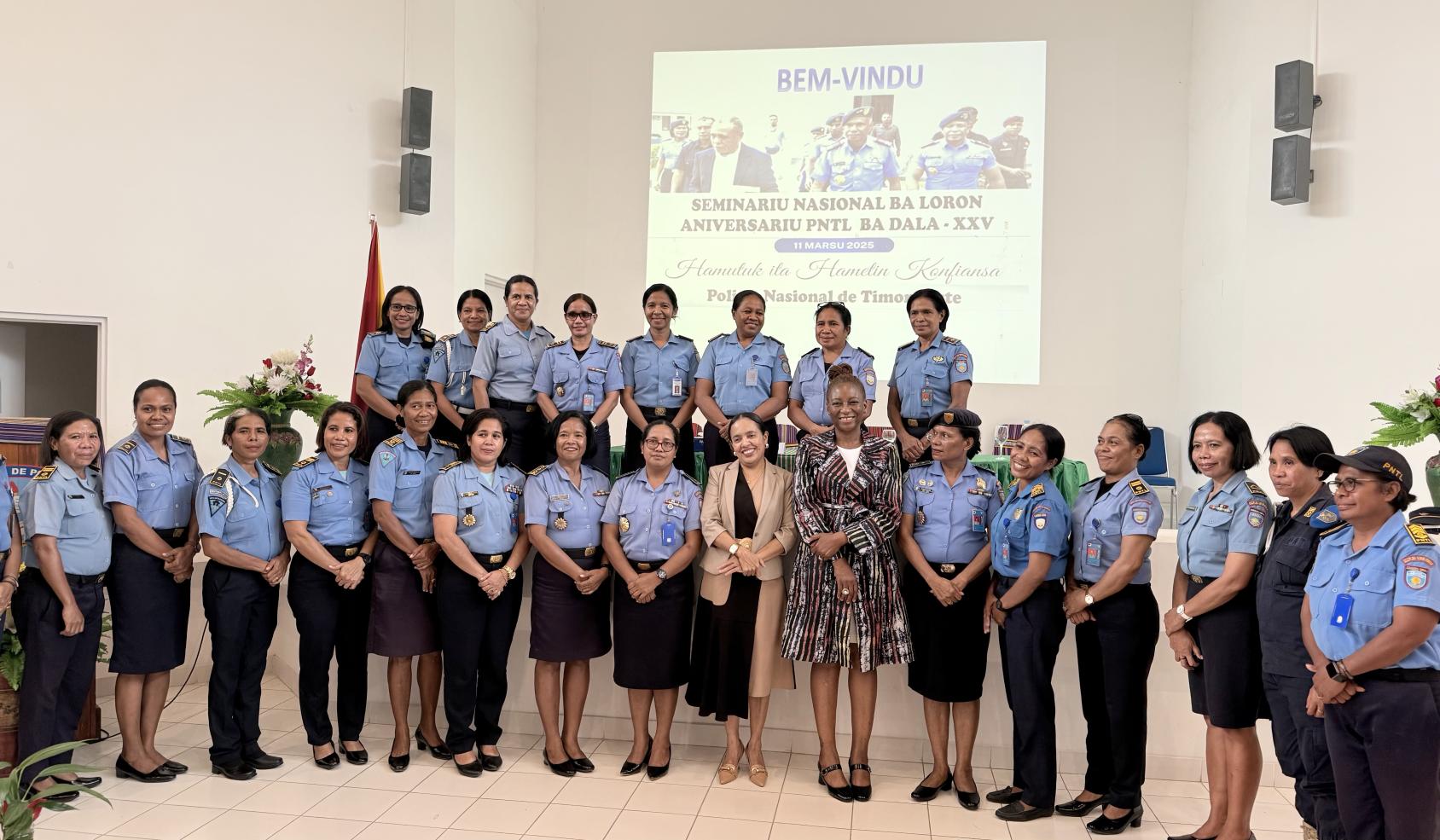
Anticipating the Future: A Strong and Collaborative Foundation
As Timor-Leste prepares to join the Association for Southeast Asian Nations (ASEAN) as a full member, the PNTL will play a key role in strengthening regional security, fortify cross-border cooperation, and increase its ability to combat transnational crime. ASEAN membership will provide new opportunities for knowledge-sharing, joint training, and coordinated law enforcement efforts, ensuring that PNTL is well-equipped to meet emerging security challenges. Additionally, the country faces new security challenges, including cybercrime, human trafficking, illicit trade, and transnational organized crime.
Addressing emerging threats will also require a focus on strengthening institutional capabilities, incorporating sophisticated technologies, and expanding regional security cooperation.
Looking to the future, one message strikes very clear - the PNTL’s 25-year journey is evidence of resilience, progress, and the sustained power of multilateralism.
For more information about the UN's work in Timor Leste, visit timorleste.un.org





